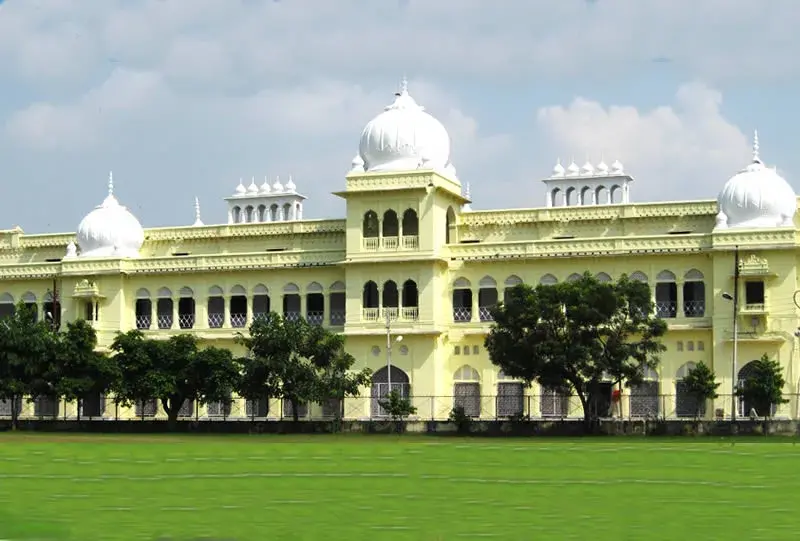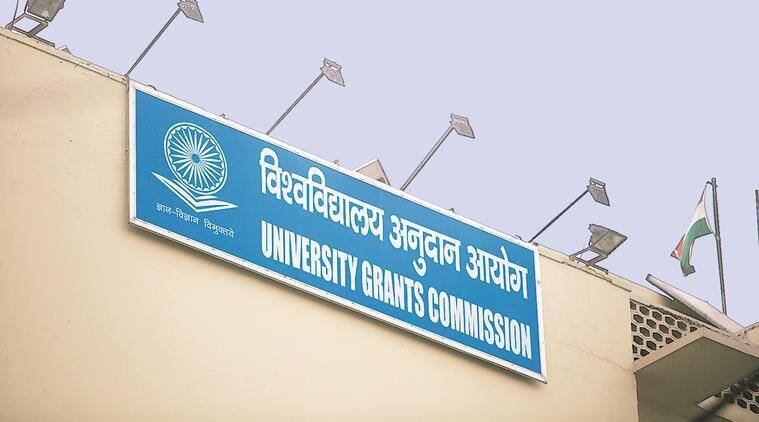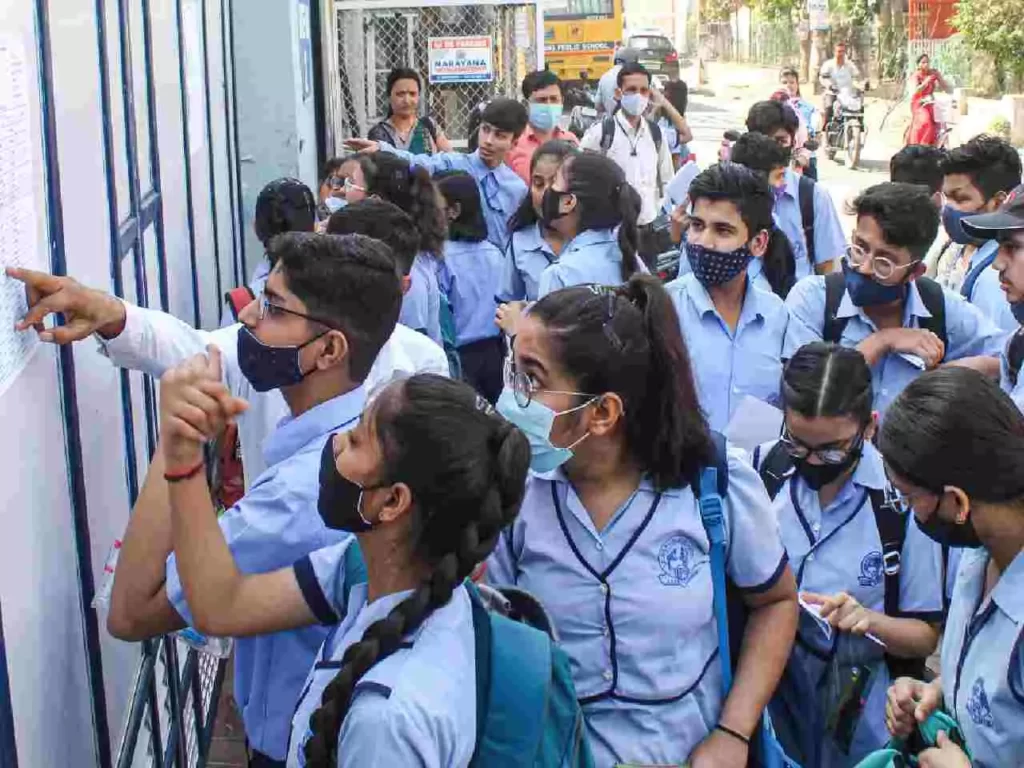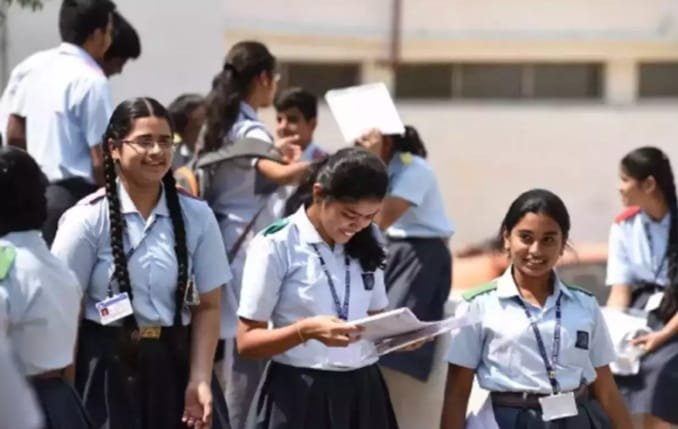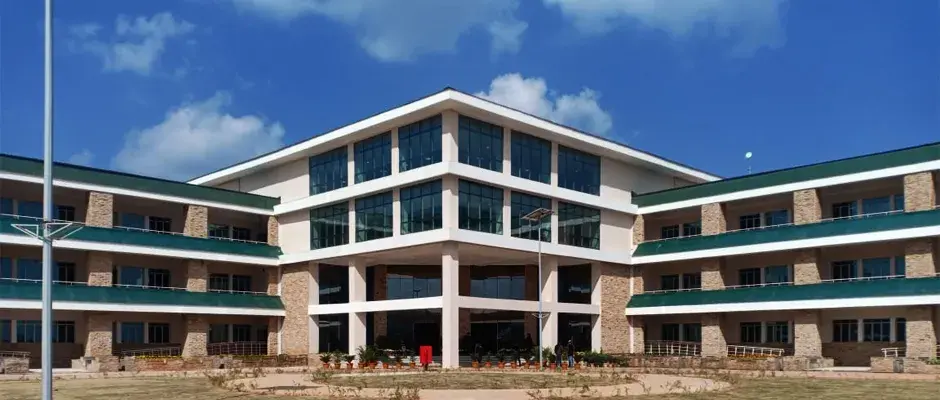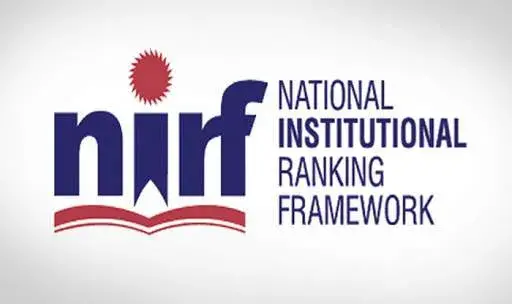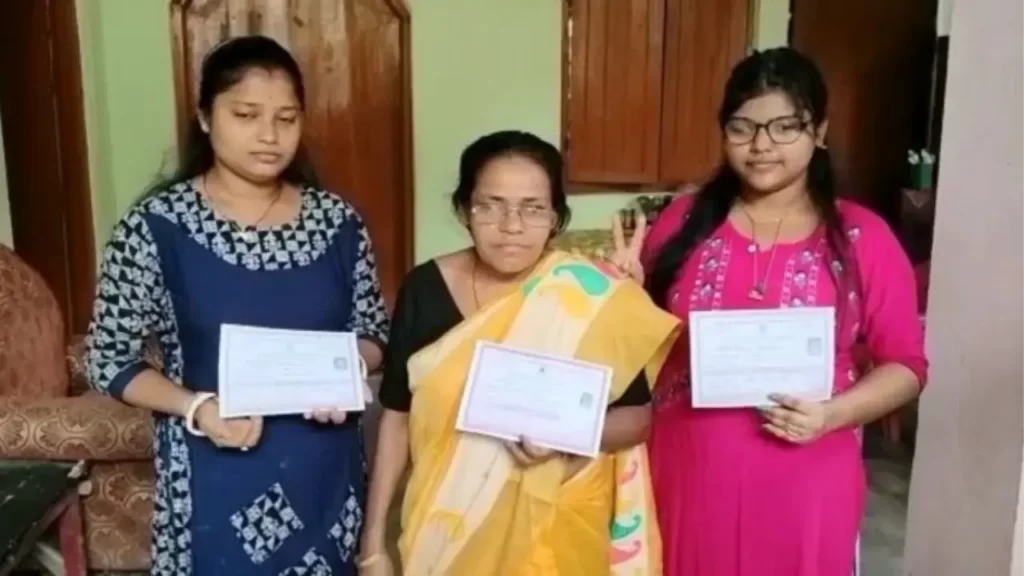UGC and MeiTy collaborate to establish a new higher education portal for students in rural areas
The University Grants Commission (UGC) has announced that starting on Friday, more than 23,000 higher education courses, including programmes on artificial intelligence (AI), cyber security, and early childhood care, would be offered for free on a new web portal. The portal aims to bridge the digital divide and improve access to higher education in rural areas of the nation. As part of the National Education Policy-2020’s second aniversary, it will be unveiled on Friday. In order to offer these courses starting with the upcoming academic session of 2022–2023, the UGC has partnered with the Ministry of Electronics and Information Technology (MeitY) to integrate the e-resources with their more than 7.5 lakh Common Service Centers (CSC) and Special Purpose Vehicle (SPV) Centers. According to UGC Chairman M Jagadesh Kumar, “as part of its efforts in making higher education accessible to all, the UGC has been constantly working in making digital resources available to students in English as well as regional languages.” The CSC aims to provide individuals, particularly those in rural India, access to digital technology and to e-government services right at their doorstep. More than 5 lakh CSC/SPV centres are operational throughout the nation, while about 2.5 lakh CSCs and SPVs are in use in gram panchayats. “The CSCs and SPVs are being managed and operated by entrepreneurs who belong to the local community and referred to as village level entrepreneurs (VLEs). VLEs operate the centres to earn their living by delivering online services. These centres have computers and internet connectivity,” Kumar stated. There are 23,000 postgraduate courses in addition to 25 non-engineering SWAYAM courses and 137 SWAYAM MOOC courses in emerging fields. These can be accessed for free on the UGC portal. Source: PTI


